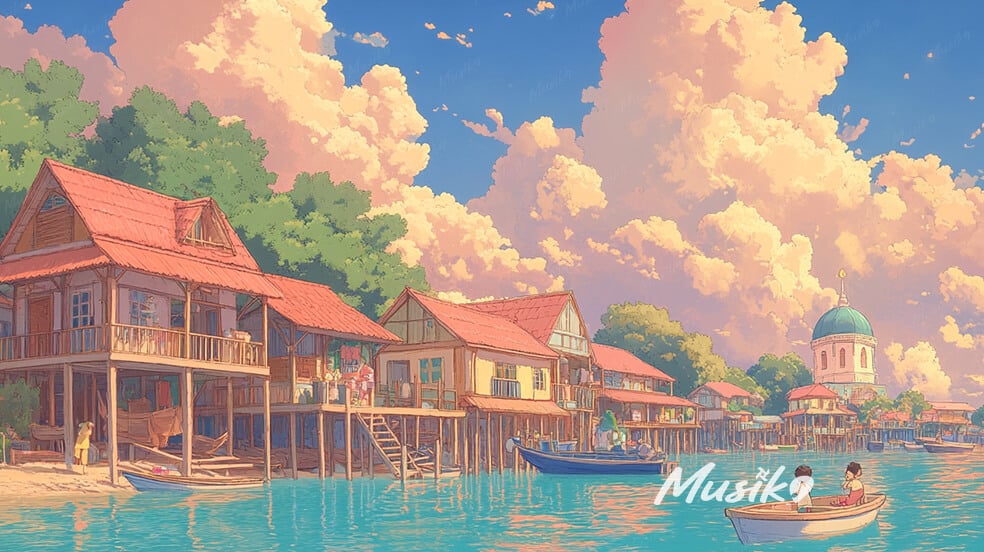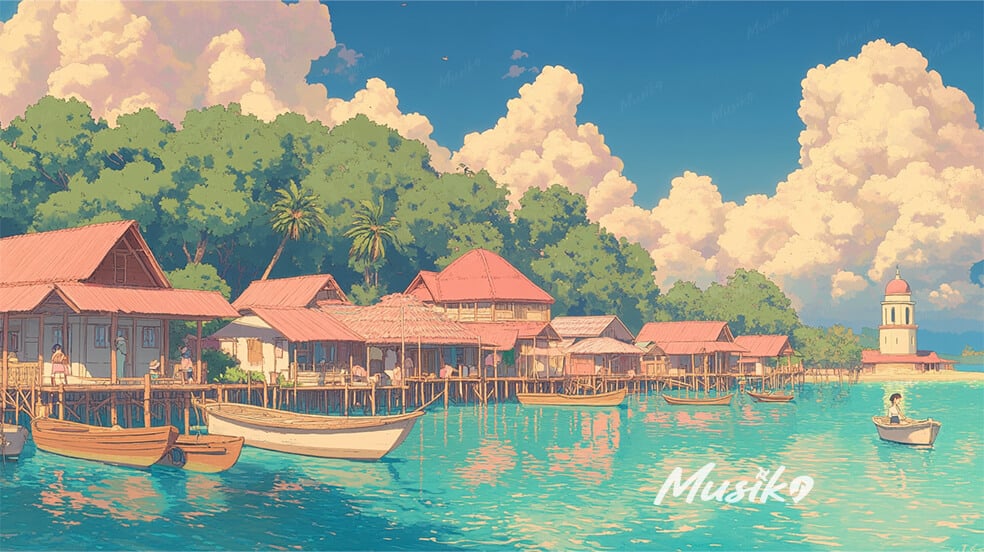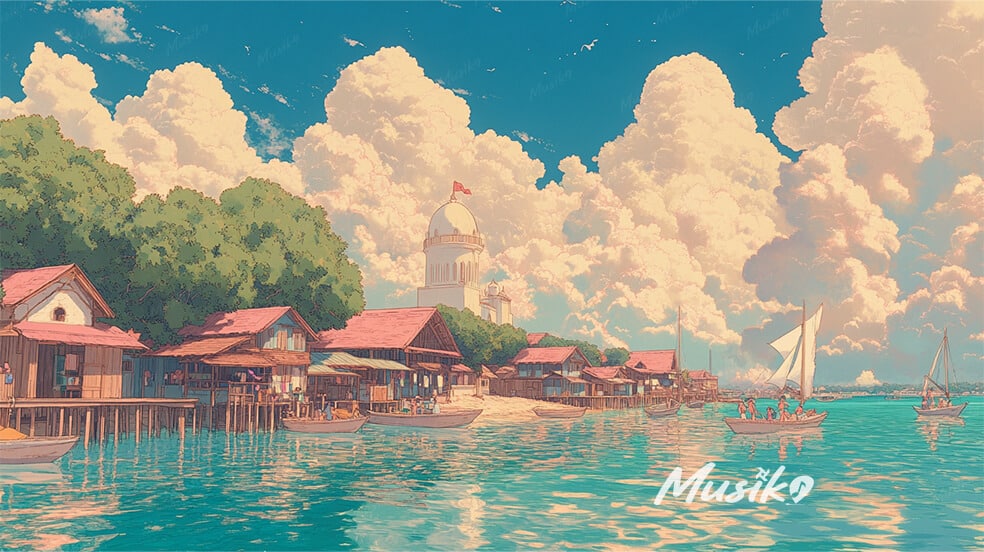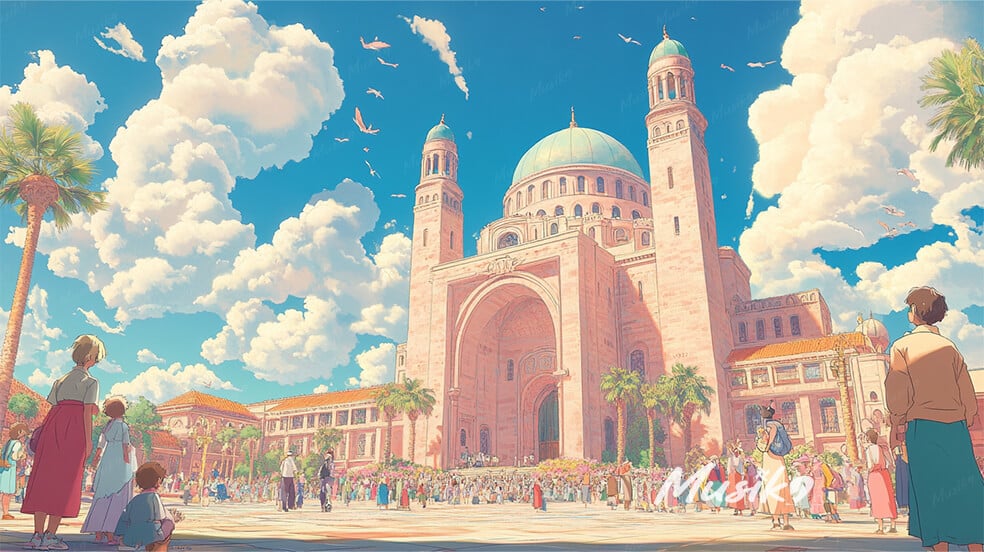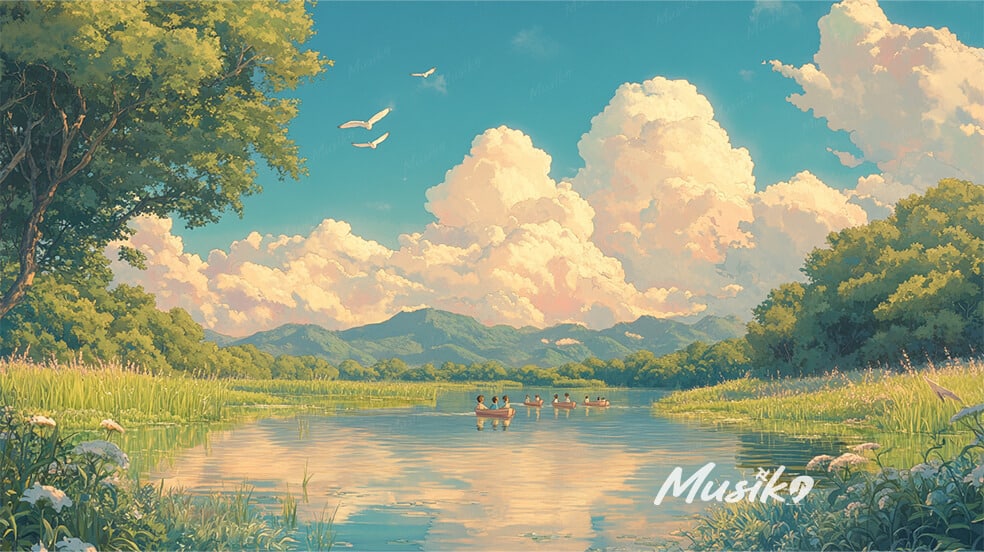🌴 Simunul
Welcome to Simunul, the soul-stirring island paradise of Tawi-Tawi! Set in the southernmost part of the Philippines, this culturally rich municipality is more than just stunning seas and serene sunsets — it’s the cradle of Islam in the country, home to the very first mosque ever built in the Philippines. Prepare to be enchanted by history, turquoise waters, Sulu flavors, and sacred traditions.
🕌 Landmark of Faith: Sheik Makhdum Mosque
Simunul proudly guards the Sheik Makhdum Mosque, built in 1380 by Arab missionary Sheikh Makhdum Karim. This historic mosque is the oldest in the Philippines and is a National Historical Landmark. Its original pillars still stand strong, making it a spiritual beacon not only for locals but also for Muslims across the archipelago.
🏖️ Tourist Treasures and Scenic Serenity
Beyond the mosque, Simunul boasts crystal-clear beaches, peaceful coastal villages, and unspoiled islets like Tonggusong Island, perfect for island-hopping, snorkeling, and cultural immersion. You’ll feel like time slows down here — no skyscrapers, just skies of gold during sunset.
🎭 Culture Deeply Rooted in Faith and Community
The people of Simunul are mostly Sama-Bajau, known for their hospitality, deep Islamic faith, and seafaring lifestyle. You’ll hear native Sama language echoing through the streets, mixed with the rhythmic call to prayer. Their way of life revolves around the sea and spiritual devotion, making it a culturally immersive experience for every visitor.
🍛 Flavor of the Islands: Traditional Sulu Cuisine
Don’t miss Tiyula Itum (a rich, black beef soup with burnt coconut), Junay (spiced rice wrapped in banana leaves), and Bakas (smoked tuna). Simunul’s food is all about bold spices, coconut, and the fresh catch of the day. Every meal feels like a celebration of the sea and tradition.
🎉 Festivals that Reflect Islamic Heritage
Simunul celebrates Islamic holidays like Eid al-Fitr and Eid al-Adha with vibrant community gatherings, prayers, and festive feasts. While you won’t find the usual carnival-style parades here, the spiritual celebration and communal joy offer a heartfelt, meaningful festival vibe.
🎶 Music of the Sea and Soul
The island pulses with Kulintangan ensemble music — a traditional gong-based rhythm used in celebrations and rituals. The Sama-Bajau songs also echo tales of the ocean, migration, and prayer. It’s not mainstream pop, but deeply rooted in ancestral identity and poetic devotion.
🌟 What Simunul is Known For
- The first mosque in the Philippines
- Being the gateway of Islam to the country
- Peaceful island living with historical soul
- Authentic Sama-Bajau culture and cuisine
- A pilgrimage site for Muslim Filipinos



